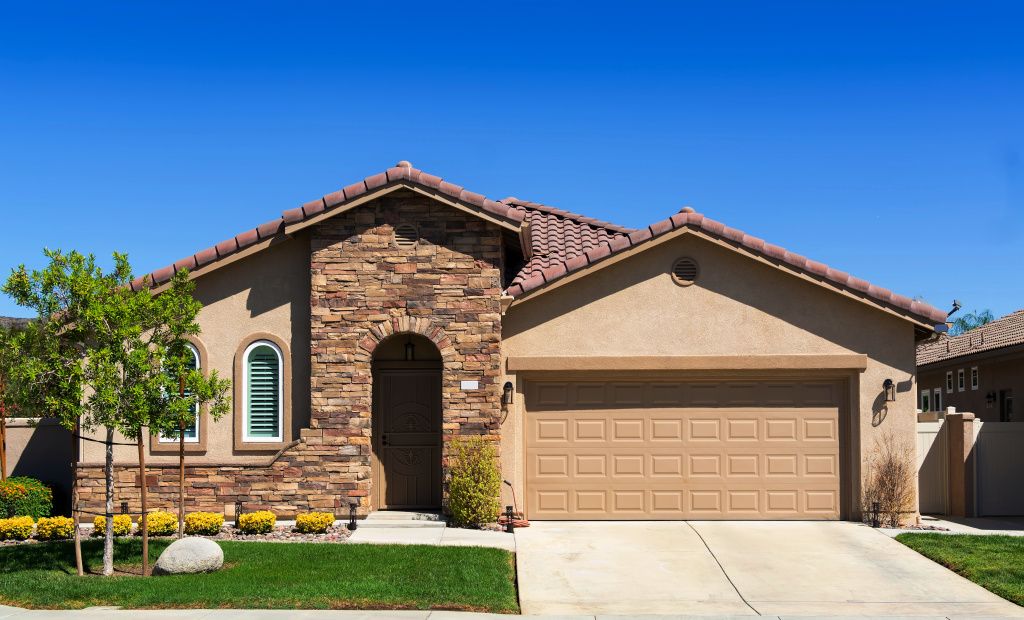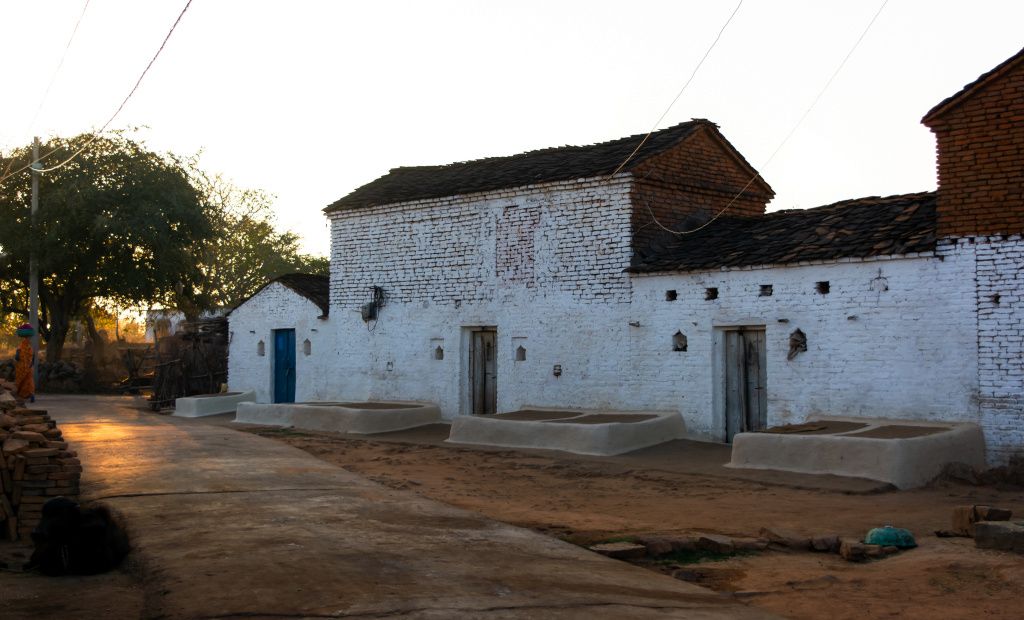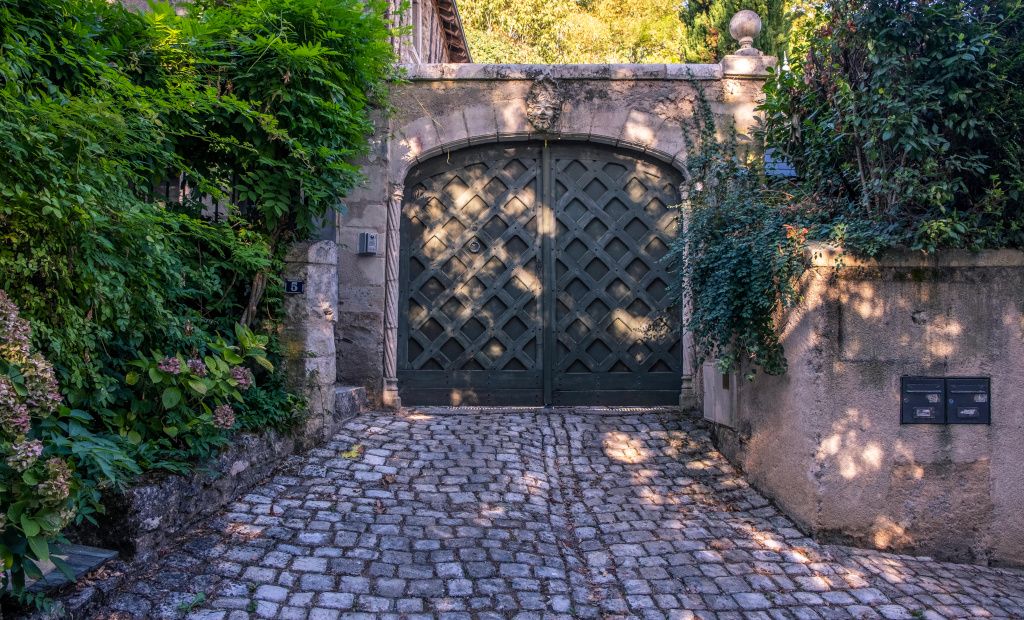When it comes to driveways, we often view them as mere practical necessities, serving the purpose of parking our vehicles. However, around the world, driveways take on various forms, reflecting unique cultural values, architectural styles, and lifestyles.
Join us on a global journey as we explore driveways in different cultures and gain a deeper understanding of their significance.
 Driveways in the UK
Driveways in the UK

In the United Kingdom, driveway installation is a precise art. Traditional materials such as gravel and brick are meticulously laid to create driveways that seamlessly blend with the surrounding architecture.
Gravel driveways, for example, are typically prepared by excavating the area and then laying a weed membrane to prevent unwanted growth. Layers of crushed stone or gravel are then carefully spread and compacted to ensure a firm and level surface.
Brick driveways involve the careful placement of individual bricks or blocks, often in intricate patterns, to achieve a classic British look. Attention to detail is paramount, ensuring that the driveway not only serves its purpose but also enhances the overall aesthetic appeal of the property.
 Driveways in USA
Driveways in USA

In the United States, driveway installation is typically focused on durability and functionality.
Concrete and asphalt are the go-to materials for their ability to withstand heavy vehicle traffic and varying weather conditions. The process involves excavation to create a stable foundation, followed by the pouring and smoothing of concrete or asphalt.
American driveways often have expansion joints to prevent cracking, and they are sloped slightly to ensure proper drainage. Driveway basketball hoops are a common addition, showcasing the American love for sports and outdoor activities.
 Driveways in Japan
Driveways in Japan

Japanese driveways are a study in simplicity and precision. They are often made using materials like pebbles, stones, or carefully raked gravel.
The installation process starts with the meticulous preparation of the ground, which may include leveling and the use of landscape fabric to prevent weed growth. The stones or gravel are then carefully laid, often in patterns that reflect the principles of Zen gardening.
The Japanese take great care in maintaining the clean lines and overall serenity of their driveways, as they are seen as an extension of the natural landscape.
 Driveways in India
Driveways in India

In India, driveway installation varies greatly depending on the region and the homeowner’s preferences. In urban areas, where space is limited, driveways are often designed for practicality. They may be laid with materials like concrete, pavers, or interlocking blocks.
In contrast, rural areas may have more traditional driveways made from natural materials such as mud, clay, or crushed stone. Regardless of the materials used, Indian driveways are typically designed to withstand monsoon rains and heavy use.
 Driveways in France
Driveways in France

French driveways are renowned for their elegance and visual appeal. Cobblestones and clay tiles are the materials of choice. Installing a French driveway involves careful placement of each cobblestone or tile, ensuring they create a visually pleasing pattern.
The craftsmanship is impeccable, and French driveways often become works of art in their own right. They are also designed with drainage in mind to handle the occasional heavy rainfall common in some regions of France.
 Driveways in Australia
Driveways in Australia

In Australia, driveway installation is adapted to the country’s vast landscapes and outdoor lifestyles. Crushed rock, concrete, or asphalt are commonly used materials, and the preparation often includes extensive groundwork to ensure stability.
Australian driveways are typically designed for durability and functionality, as they serve as more than just a place to park. They are also used for outdoor activities and recreational purposes.
 Driveways in Africa
Driveways in Africa

Africa’s diverse cultures and landscapes lead to a wide range of driveway materials and installation techniques.
In some regions, driveways are crafted using traditional methods, such as compacted earth or clay. In more urbanised areas, modern materials like concrete or asphalt may be used.
The installation process varies accordingly, but the significance of driveways in African culture often transcends the choice of materials, symbolising pride, status, and community ties.
Conclusion:
By understanding the unique installation processes of driveways in different cultures, we gain insight into the values and priorities of each society.
Driveways, it turns out, are more than just practical surfaces; they are expressions of culture and identity.
Need Driveway Assistance?
Contact First Impressions Yorkshire for Your Driveway Needs
If you’re inspired by the diverse world of driveways and want to create a driveway that reflects your own preferences and values, contact First Impressions Yorkshire today.
Our expert team specialises in driveway installation, block paving, and patio design, ensuring that your driveway becomes a beautiful and functional part of your property.
Let us help you make a lasting impression with a driveway that’s uniquely yours. Contact our professional team today.








